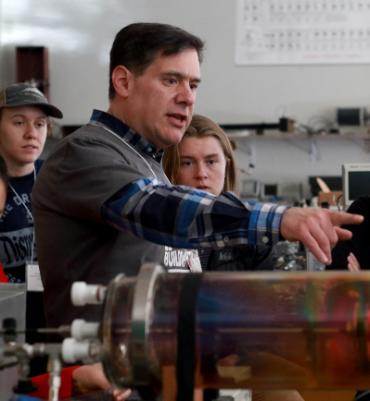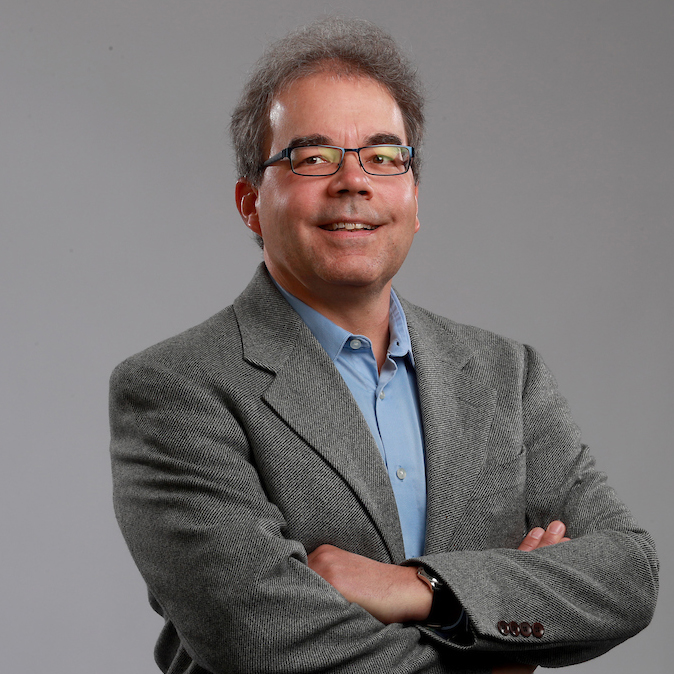PHYSICS DEGREE OPTIONS
Seattle University's Physics program offers two routes for students interested in graduating with a Physics degree.
The Bachelor of Science in Physics degree, is catered towards students planning to pursue graduate programs in physics, applied physics, astrophysics, astronomy, engineering, or other graduate or professional programs.
The Bachelor of Arts Physics degree, is for physics majors looking for more room in their schedules to double major or to allow a variety of elective courses from other departments.
Learn more here: Programs of Study

.JPG)

